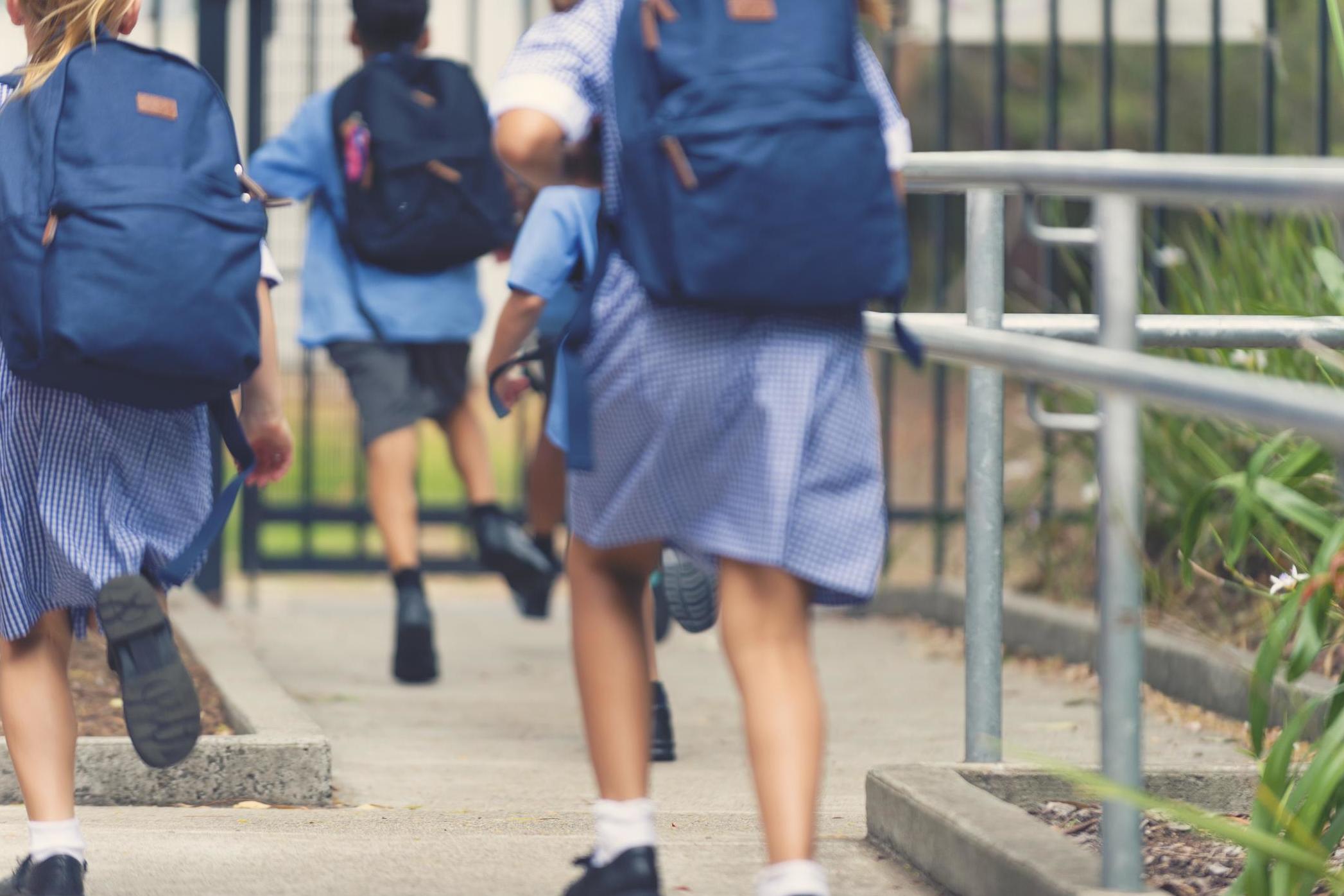‘Consent classes’ to be given to children as young as four in schools
The classes form part of the first update to sex education in 18 years

Your support helps us to tell the story
From reproductive rights to climate change to Big Tech, The Independent is on the ground when the story is developing. Whether it's investigating the financials of Elon Musk's pro-Trump PAC or producing our latest documentary, 'The A Word', which shines a light on the American women fighting for reproductive rights, we know how important it is to parse out the facts from the messaging.
At such a critical moment in US history, we need reporters on the ground. Your donation allows us to keep sending journalists to speak to both sides of the story.
The Independent is trusted by Americans across the entire political spectrum. And unlike many other quality news outlets, we choose not to lock Americans out of our reporting and analysis with paywalls. We believe quality journalism should be available to everyone, paid for by those who can afford it.
Your support makes all the difference.Children will be taught about consent from the age of four in the first update to sex education since 2000, the department of education has revealed.
The full update to the curriculum will be launched this week and will include teaching designed to equip children with the information they need to form respectful relationships both online and offline.
Primary school students will be taught about what consent means and the importance of enforcing and adhering to “boundaries” in age-appropriate classes that will continue into secondary school.
Lessons on the laws surrounding sexual exploitation, harassment and domestic abuse will also be included in the updated guidelines.
The update comes after figures obtained by BBC's Panorama in 2017 found nearly 30,000 reports of children sexually abusing other youngsters during a four-year-long period, 2,625 of which took place on school grounds.
This was followed by a report published in JAMA Pediatrics in January this year, which revealed that one in seven teens are sending “sexts” to one another, a term used to describe sexually explicit images or videos shared through the internet.
“It’s vital that every child knows about their rights and that nothing should happen to them without their consent,” said education secretary, Damian Hinds.
“This guidance was last updated before the children who are at school today were born and, while many schools already choose to teach young people about the importance of healthy relationships, this updated guidance will support schools as we make relationships education compulsory.
“This new guidance will ensure lessons teach children and young people how to recognise when someone else has not given consent and more importantly why they should not to put pressure on someone else to do something they don’t want to.”
The changes come after former education secretary Justine Greening outlined her vision for a revamped sex and relationships education curriculum in December 2017, saying that it should “cover 21st-century issues” such as cyberbullying and sexting.
“We want to make sure these lessons cover sexual health and risks, as well as teaching about consent and understanding boundaries, what a healthy and stable relationship looks like and how to stay safe in the real world and online,” Greening explained in a TES post at the time.
Join our commenting forum
Join thought-provoking conversations, follow other Independent readers and see their replies
Comments